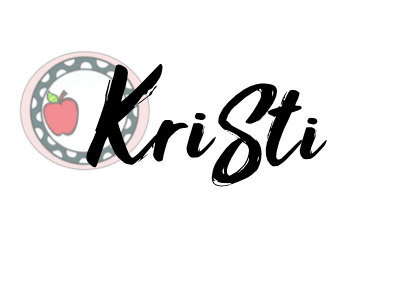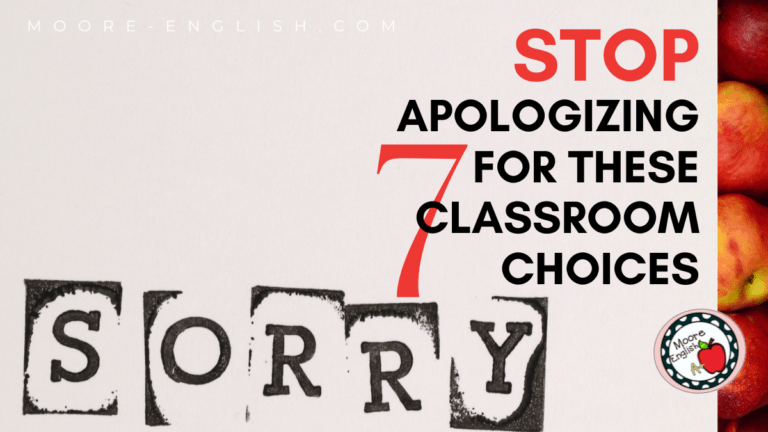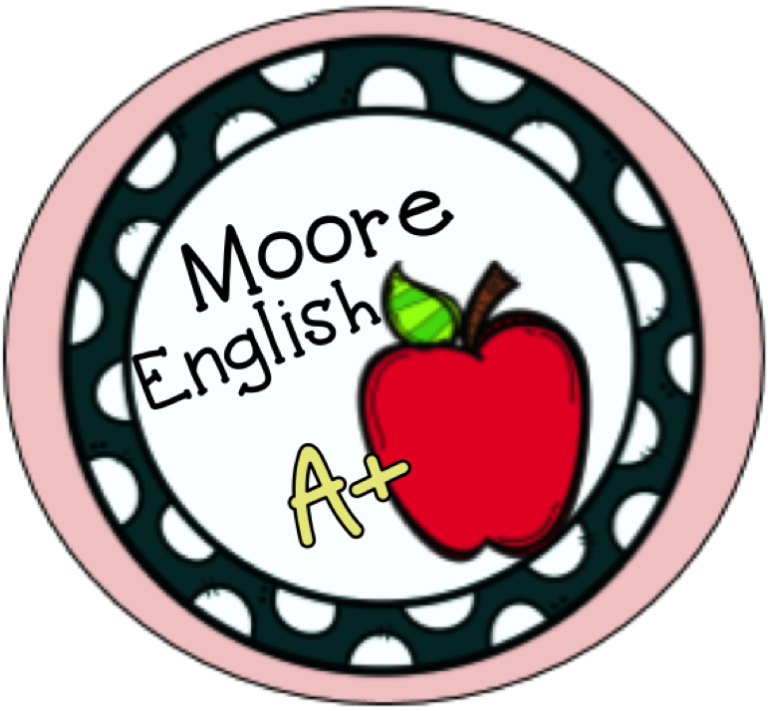As the semester comes to an end, it’s easy for teachers to feel crunched. Time is scarce, tests are plenty, and summer break looms. For me, some of that crunch comes from construction in our building. Because of the construction, everyone has to be packed up and checked out by 3pm on the last day. Grades are due then too! The building will also not be open during the summer, so my plans for doing some serious copying are on hold.
However, apart from those stressors, school is going well. My classroom procedures have my students in a good routine despite the chaos of testing season. Our classroom goals have kept us focused on growth rather than on perfection. And my students are at the point in the semester when we have had enough data-driven conversations that they are beginning to own their mistakes and learn from them. Since my students are doing well, it seems most of my stress is coming from outside the classroom. In other words, external change agents are putting pressure on my classroom.
For me, reading has long been a great stress reliever. I read widely: speculative fiction, memoir, fantasy, and conspiracy theories about the next Taylor Swift album. I also read a lot in the teacher world. So I wanted to share a list of my most recent must-reads with you. These articles provided me with new perspectives, challenges, ideas, inspiration, and food for thought. I hope they do the same for you!

This post this post may contain affiliate links. Please read the Terms of Use.
Reading for the Classroom
As an English teacher, I am always looking for new ideas for the classroom. Here are two articles that stuck with me this month:
“How to Teach a Long Novel” from Mud and Ink Teaching: My students do read some lengthy novels–To Kill a Mockingbird and The Odyssey come to mind first. Some of my favorite ideas from this article include teaching novel parts, not chapters, and using door quizzes.
Cooperative learning is one of my favorite instructional strategies. In particular, I use a lot of collaborative Google Slides, but sometimes my best laid plans go awry. For example, last week, one of my students repeatedly deleted the entire Slides deck. This made the lesson go long and really started us off on the wrong foot. That’s where this article “When Cooperative Learning Goes Wrong” came in hand. In my situation with the *disappearing* Google Slides, Alyssa from Teaching in the Fast Lane suggests restarting or resetting students. For this situation, that was all it took, but the article also includes more suggestions for other situations that may not be so easily remedied. I really appreciated this article as a proactive tool and as a tool that recognizes that not every lesson is going to go off perfectly.
Reading for Professional Growth
I love to learn, which is one of the reasons I read so widely. I want to know everything! For me, learning is both a calming and invigorating experience, which is why these two articles resonated with me.
In “Should All Educators be Lifelong Learners?” David Geurin makes the case for teachers as continual learners. He provides seven reasons for making time to regularly read about the profession.
While David’s article explains why professional reading is valuable, Katie Martin’s article provides tips for “Creating a Professional Learning Culture Where the Input and Opinions of Teachers are Valued.” Many of Katie’s articles focus on learner-centered instruction and innovation. This article is no exception, but the focus is on teachers as learners at the center of their own experience. That’s a perspective essential to continual growth!
Reading Beyond the Classroom
As teachers, we know our choices will have wide-ranging impacts that extend beyond the classroom and into the community. For this reason, I am including “Privileged,” an article by Kyle Korver, a professional basketball player. As a white athlete, Korver writes about his privilege and its effects. This is an incredibly nuanced, insightful, and important article. If you only have time to read one article in this post, this is the one. I recommended it to a colleague last week, and she immediately found time to include this article in her nonfiction unit. I also made a move to include it in my unit on The Great Gatsby, a novel where privilege reigns. My resources for “Privileged” are here, and my Gatsby resources are here.
Similarly, in “On Educators’ White Fragility,” Sarah McKibben interviews Robin DiAngelo about the inescapable force of racism in the classroom. In particular, DiAngelo’s work on “white fragility” has implications far beyond the classroom.
Deep-dive Nerd Reading
As Rory Gilmore once said, “My interests are teasingly diverse,” and that’s how the titles in this section sound. These are articles that cover a range of teasingly diverse topics, but each one was notable and worth sharing.
Just in time for Shakespeare’s birthday last week, Katharine Duckett published this article about “What Shakespeare Left Out.” In this article, Duckett focuses on the tropes, themes, and ideas omitted from Shakespeare’s work. This is an article I could see bringing into my AP Literature course as we act out and visualize Shakespeare. Check out all my Shakespeare resources here.
Like Duckett, Rebecca Solnit focuses on a well-known cultural figure: the hero. However, for Solnit, the focus is “When the Hero is the Problem.” This article is so powerful it inspired an entire post on the dangers of heroic thinking. Check it out my resources for helping students think about the heroic archetype here.
Finally, and this article is not for those sensitive to language, Brooke Clark takes on the use of the first-person in contemporary poetry. In particular, she looks at “The Narcissism of Contemporary Poetry.” This was a great take for National Poetry Month and gave me pause in which poems to choose for class. My favorite tips for teaching poetry are here, and my poetry resources are here.
If you are interested in following my reading adventures, each of these articles was featured on my Twitter, and I also pin important blog posts to this Pinterest board. What other articles should I add to my reading list? Let me know below!









